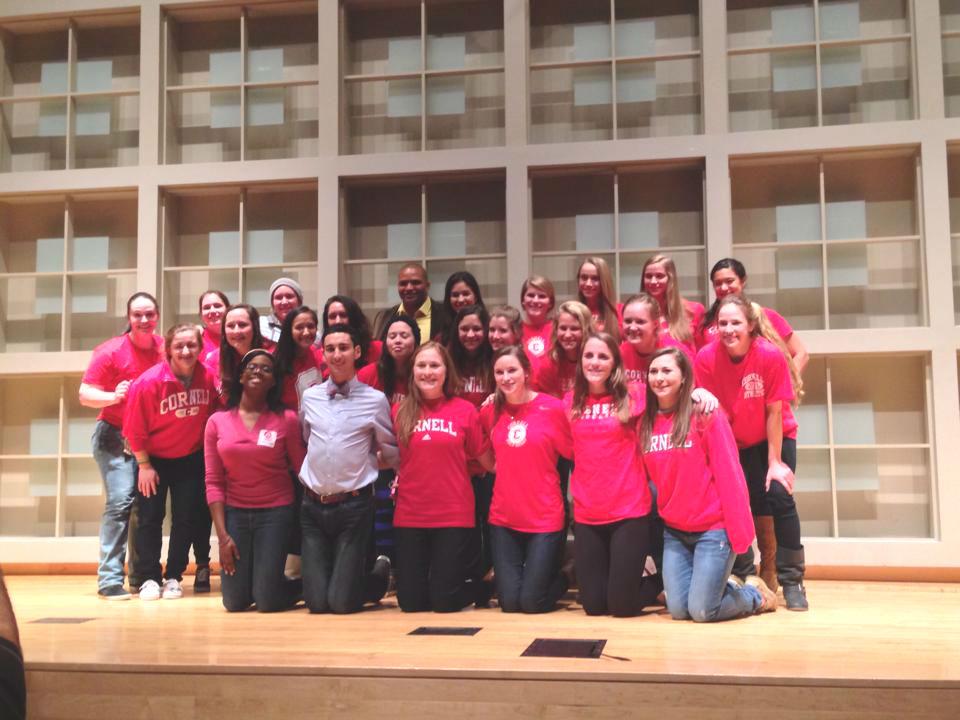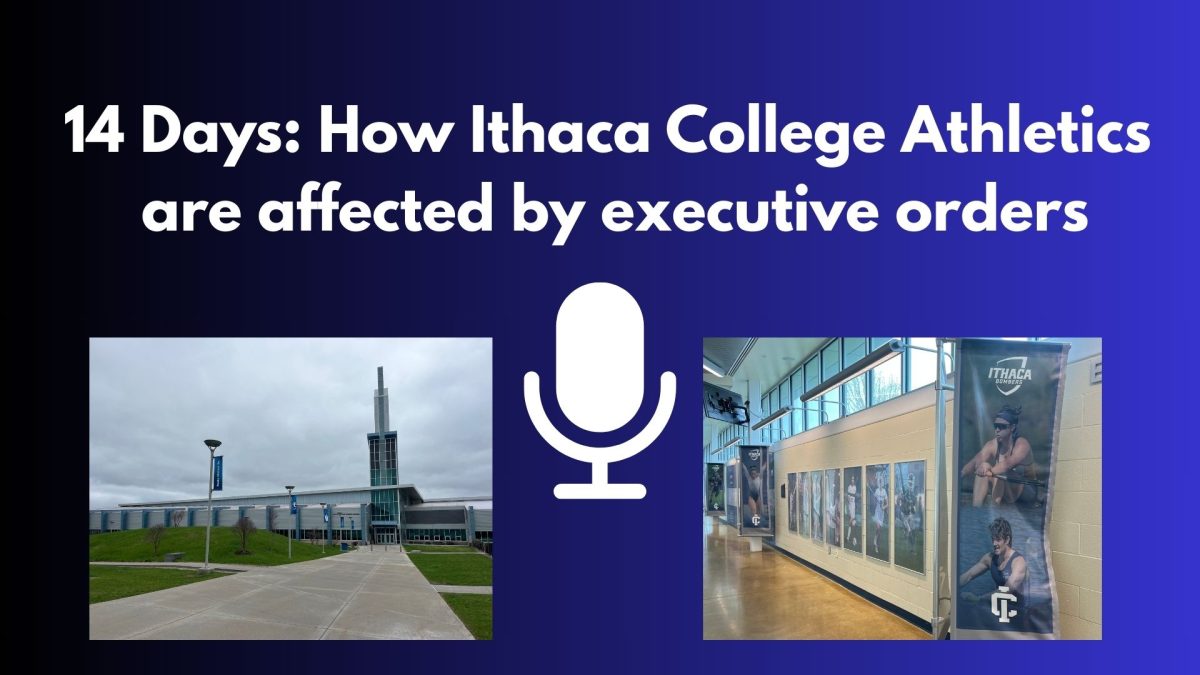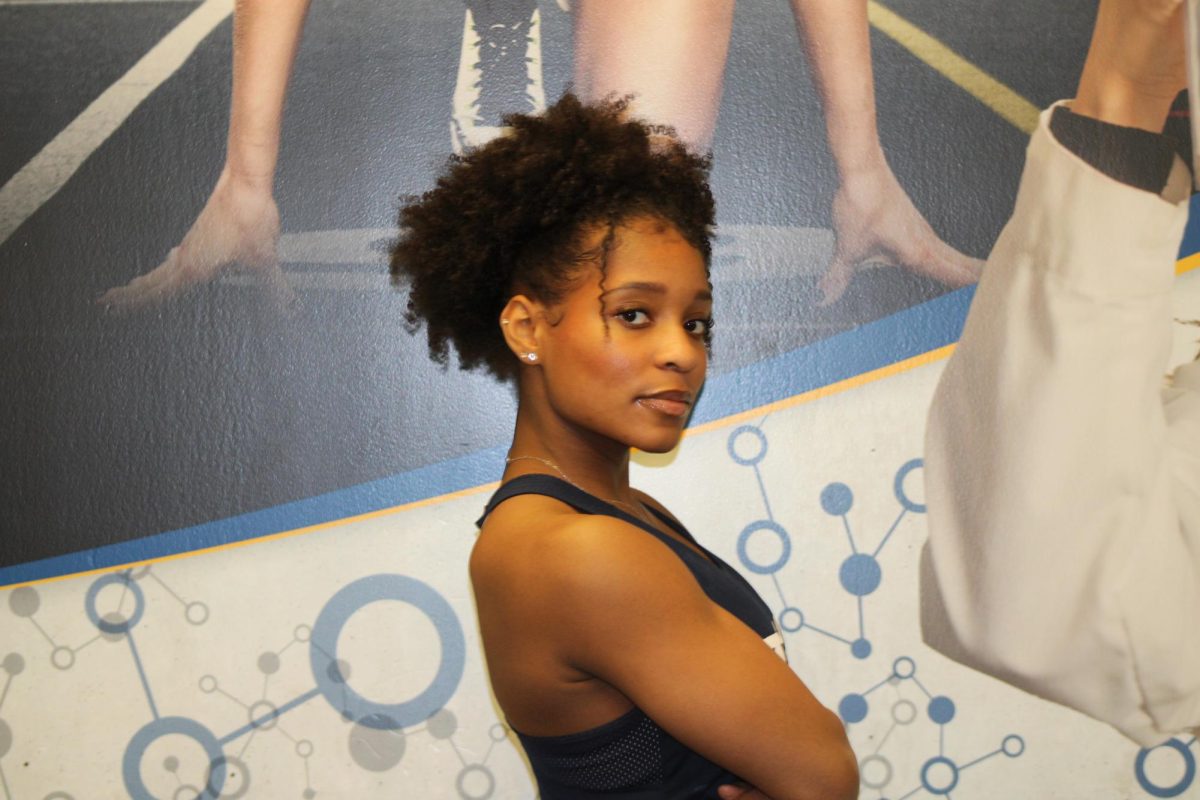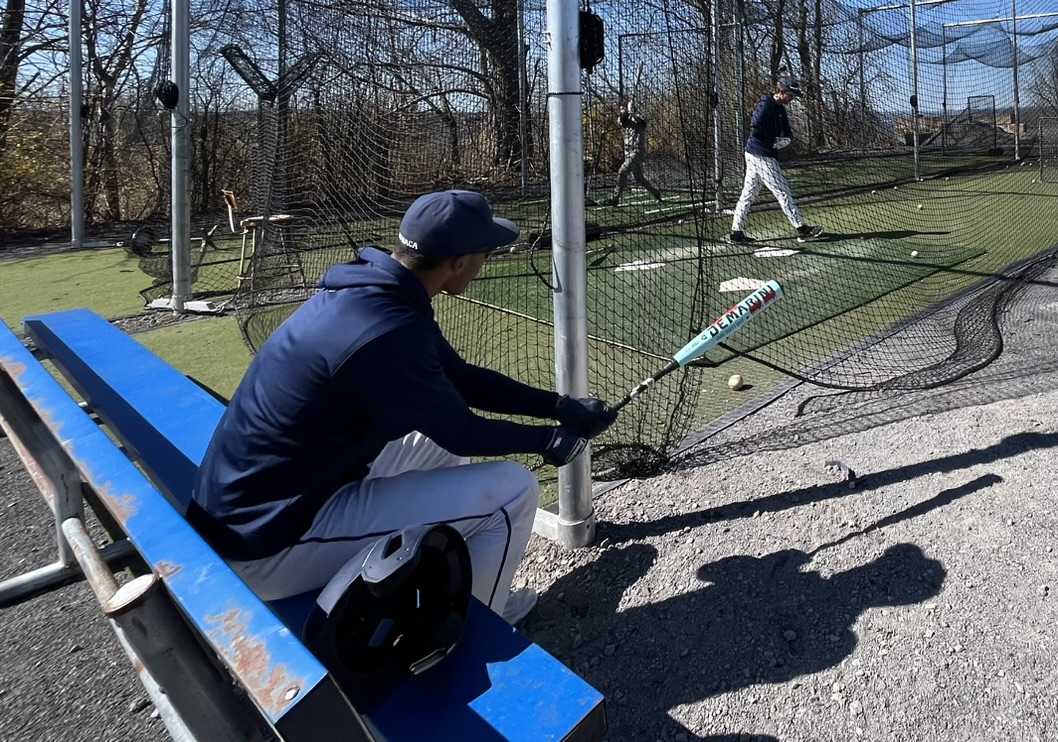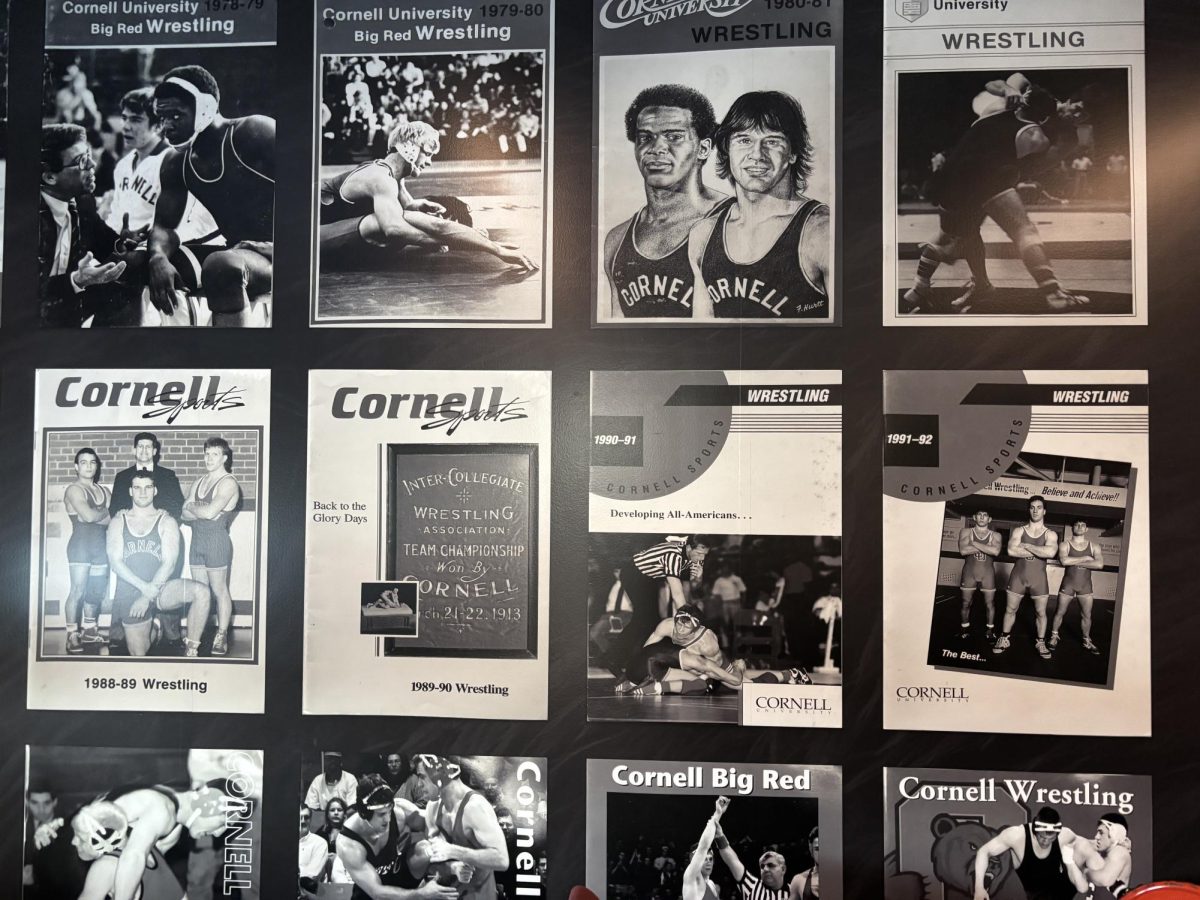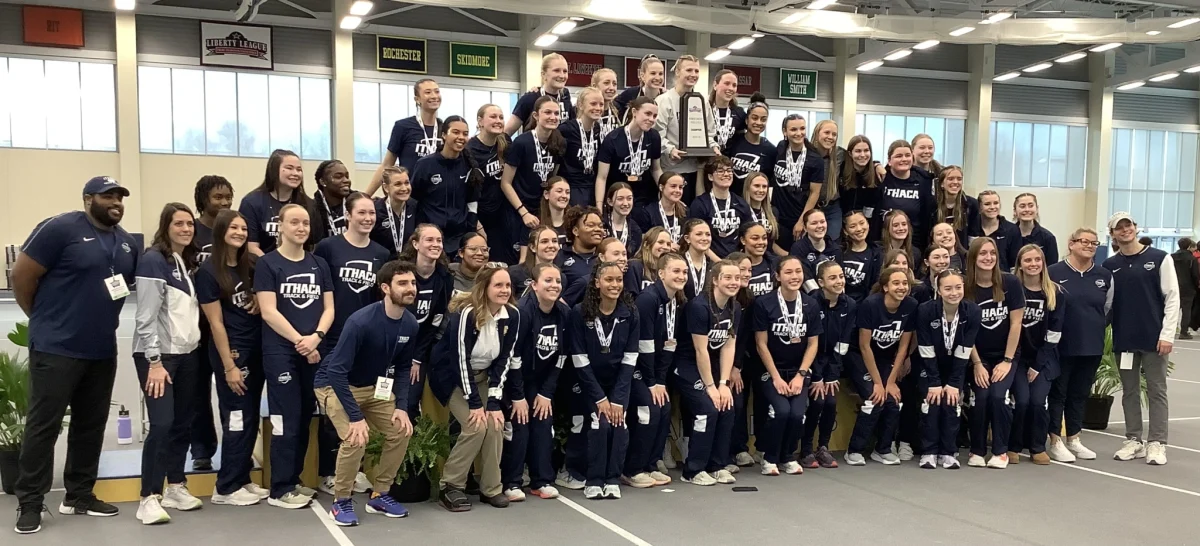On a national level, Athletic Ally focuses on ending discrimination and homophobia in sports. Athlete Ally’s college branches work to promote acceptance on school sports teams and among the student body. Cornell chapter founder Atticus DeProspo said he started the organization because he was a gay student athlete.
“I wanted to mobilize [his] athletic community to make a more inclusive environment for LGBT individuals,” DeProspo said.
The organization has already begun to have an effect on people’s attitudes on campus.
“A lot of members take an active approach to educate themselves, and to want to be more visible allies on their teams,” as DeProspo said. “A lot of athletes seem more comfortable being who they are around their teammates.” This openness has lead to better team success, and results on the field, DeProspo said.
Mina Amick-Alexis, a junior at Cornell, initially joined the club because she thought it would bring her team closer together.
“Something involved with athletics and also being inclusive on and off the track would be good for the track team,” she said. In her time with Athlete Ally, Amick-Alexis has seen members step up to start conversations and become open to the idea of being a straight ally.
The club’s treasurer, senior Rachel Nichols, also believes the LGBTQA community could use more voices.
“[We need to] support people no matter what their sexual orientation is,” she said.
Before Athlete Ally came to Cornell, Nichols heard other students using gay slurs.
“They don’t necessarily do it to offend anyone [but] people don’t necessarily know how hurtful the words that they use can be for those that do identify with other sexual orientations,” she said.
Aside from slurs, the students have also seen stereotypes getting in the way of improvements.
“At Athlete Ally, we know that one hinderance to acceptance of all sexual orientations in sports is this idea of ‘toxic masculinity’,” said Athlete Ally’s staff advisor, Beth Livingston. “[This is the idea that] being a ‘strong, masculine’ guy is somehow contradictory with being gay or supporting those who are gay,” she added.
This is why the group chose to bring in someone who has excelled for years in arguably the most masculinized sport in America and Livingston viewed his visit as a success.
“[I’ve already had] great feedback from students, administrators and coaches about the messages he delivered,” she said.
DeProspo hopes that Ayanbadejo’s appearance will bring more recognition to the organization as a whole and to the acceptance of all sexual orientations.
“It gets discussions started, not only in the athletic community, but in other communities that need to improve when it comes to tolerance and inclusion of LGBT people,” he said.

